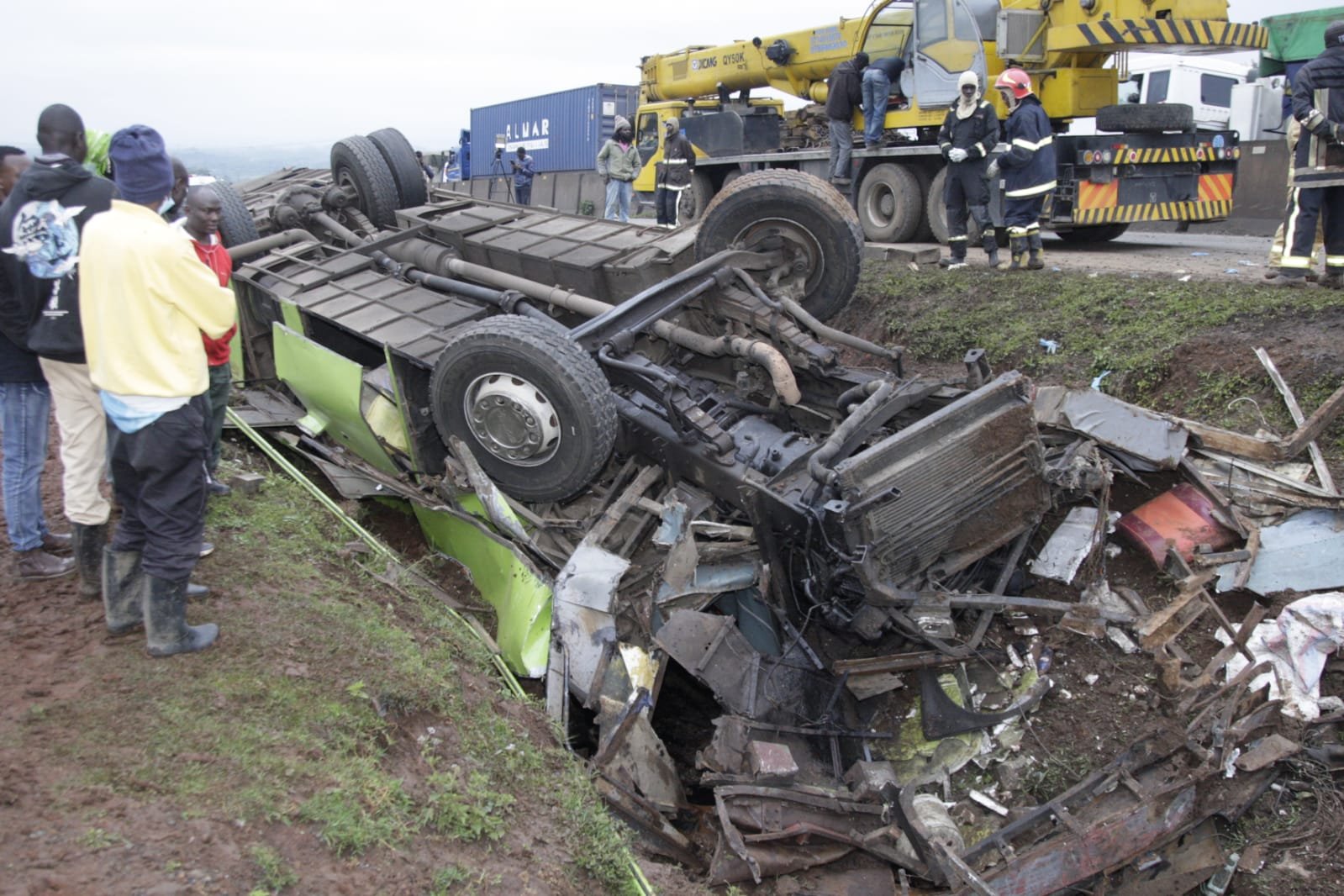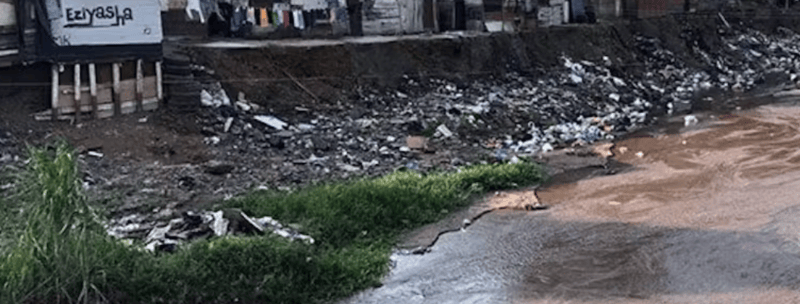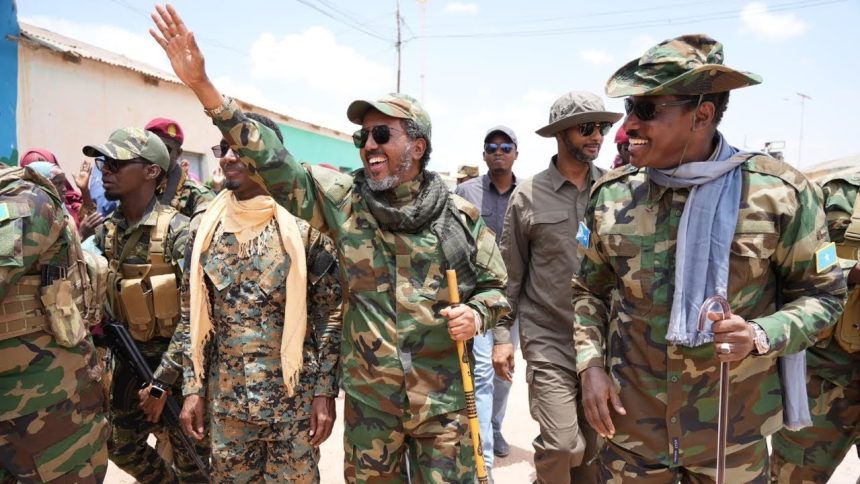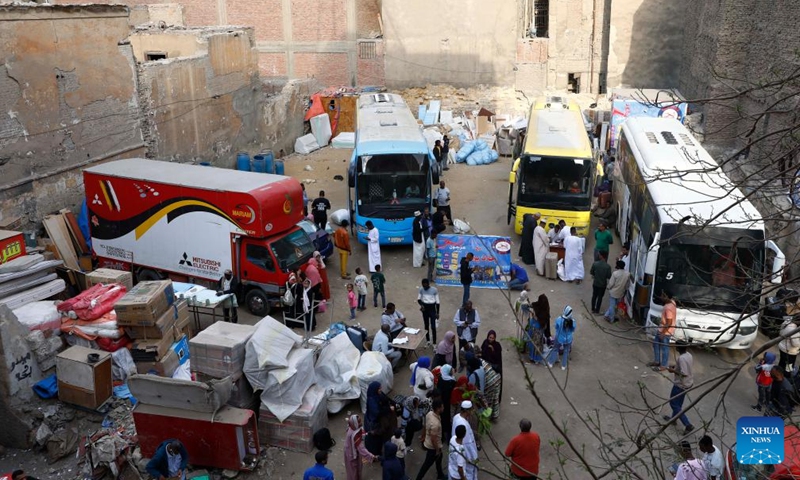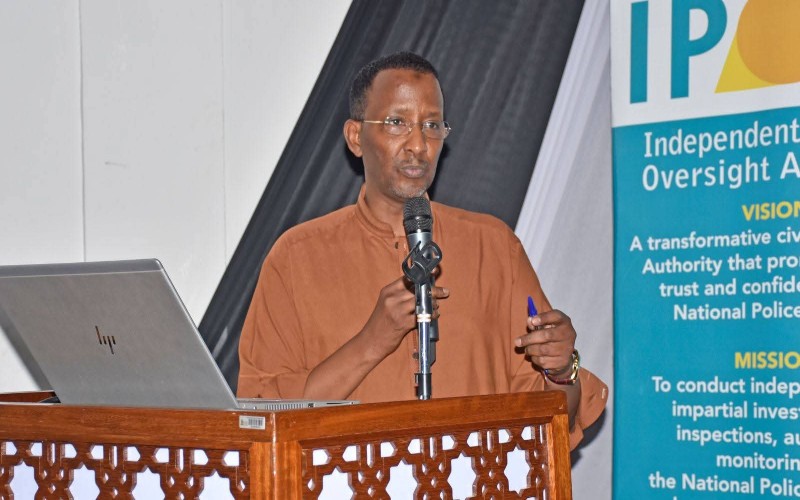Khartoum Bahri battles surge in malaria, dengue and typhoid as cholera death toll rises
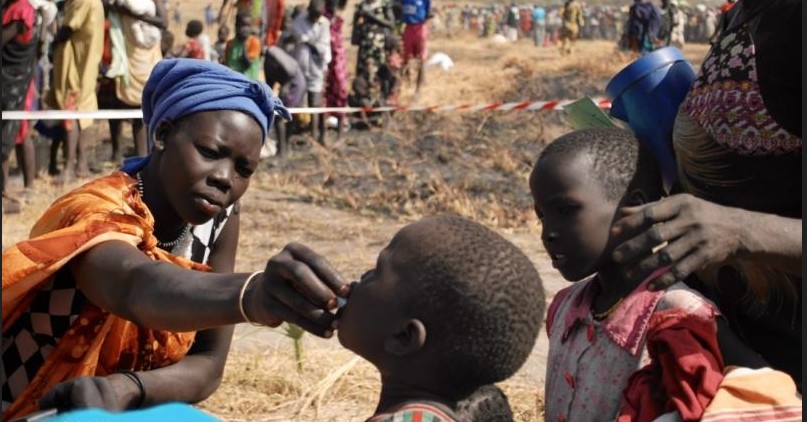
The outbreak has overwhelmed health centres already crippled by conflict, with facilities destroyed before the army retook the state from the Rapid Support Forces (RSF) in March.
At least 4,875 cases of malaria, dengue fever, typhoid and diarrhoea were reported in Khartoum Bahri in August, highlighting a widening health crisis in Sudan, which is also battling a cholera outbreak that has claimed over 2,470 lives.
The cases included 2,137 of malaria, 1,296 of dengue, 1,177 of typhoid and 256 of diarrhoea.
According to health officials, infections could rise in the coming weeks without urgent interventions such as indoor spraying and mosquito net distribution, with Kober and Al-Shaabiya identified as hotspots.
More To Read
- Refugee protection in Egypt: What’s behind the return train to Sudan?
- Deadly attacks across Sudan's Darfur region leave nearly 100 wounded people in MSF-supported facilities
- Sudan criticises US sanctions on citizens, entities
- Sudan conflict: AU, IGAD support three-month truce and inclusive civilian transition plan
- RSF drones target Sudan army bases and key infrastructure in escalating civil war
- President Ruto backs UN peace efforts in Sudan, urges warring sides to end violence
"Cases are expected to increase over the next six to eight weeks in the absence of rapid interventions," a member of the Bahri Emergency Room told The Sudan Tribune.
The outbreak has overwhelmed health centres already crippled by conflict, with facilities destroyed before the army retook the state from the Rapid Support Forces (RSF) in March.
Residents report shortages of medicines, intravenous (IV) fluids and medical staff. A volunteer in Al-Droushab said 320 dengue cases and five deaths were recorded in just three days, alongside 257 new malaria infections.
In response, Sudan's Ministry of Health launched a three-month campaign to fight disease vectors in 70 locations across Khartoum Bahri, with plans to expand to other parts of the capital.
The outbreak comes against the backdrop of Sudan's broader humanitarian emergency. Nearly two years of conflict between the Sudanese Army and RSF have displaced more than 12 million people, left millions facing famine, and turned the country into the world's largest humanitarian crisis, according to the United Nations.
Humanitarian agencies likewise maintain that insecurity, looting and attacks on convoys continue to hamper relief efforts.
"From severe droughts to deadly floods, the compounded effects of conflict and environmental instability are pushing communities to the brink, leaving them struggling to survive. Famine has already been declared in some parts of the country, further exacerbating the humanitarian crisis and putting millions of lives at immediate risk," the UN said in a past statement.
UN Secretary-General António Guterres has urged the international community to urgently scale up funding and diplomatic action to ease the suffering of millions of Sudanese facing hunger and displacement as rival militaries continue battling each other for control of the country.
Top Stories Today
